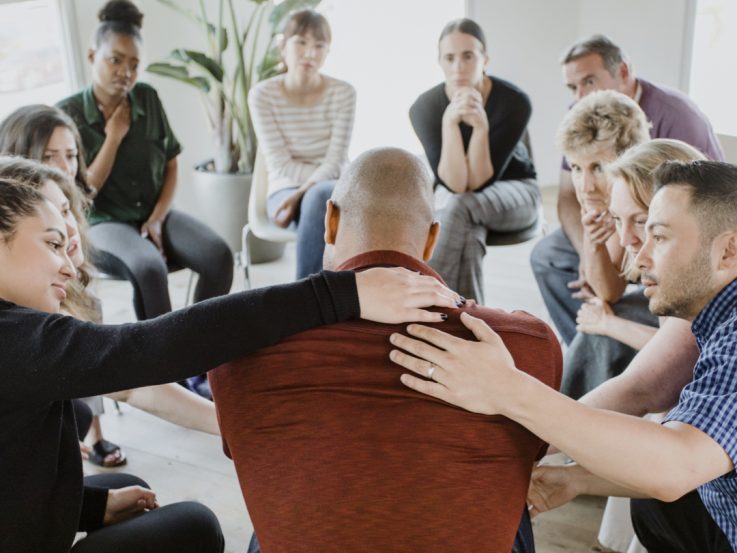23–30 Credit Graduate Certificate
Learn progressive and evidence-based approaches to promote wellness and support long-term recovery from co-occurring addiction and mental health disorders. The core program focuses on gaining the knowledge, skills, and attitudes needed to help the client and therapist move toward a more holistic, integrated, and positive outcome.
This certificate requires successful completion of a combination of required courses and internship components. Students must have completed a bachelor’s degree to apply for the certificate.
Licensure and Certificate Completion
This certificate program prepares you to apply for the Licensed Alcohol and Drug Counselor (LADC) license in Minnesota, depending on previous academic degree(s), courses completed, and internship experience. You may transfer up to six credits of previous graduate-level coursework from an accredited institution. Courses from this certificate may be applied to the Master of Arts Degree in Adlerian Counseling and Psychotherapy with an emphasis in Co-Occurring Disorders and Addiction Counseling.
Important Note
Licensure status is determined only by the state licensing boards based on the student’s location. Adler Graduate School cannot guarantee licensure to any student, nor will it be held liable for board decisions regarding licensure or changes to competencies and requirements.
There are three start terms for Co-Occurring Disorders and Addiction Counseling Post-Baccalaureate Graduate Certificate applicants: winter, spring, and fall. Please note the correct start term on your application.
Does our program meet licensure requirements in your state? Contact the state licensure board here.
Spotlight
Learn more about our Counseling faculty, students, and alumni.
Your Future
At Adler Graduate School, you’ll experience professional growth as well as personal transformation. Take a look at where your Post-Baccalaureate Graduate Certificate in Co-Occurring Disorders and Addiction Counseling can take you.
A Day In the Life
Addiction counselors help individuals understand their addictions and behaviors, and manage co-occurring disorders, while guiding them through recovery.
Professional Settings
- Mental health clinics
- Private practice
- Hospitals
- Social services
- Residential treatment facilities
- Corrections
- Other community settings
Required Courses
Please refer to our course catalog for the most up-to-date course requirements.
Program Objectives
This 26-33 credit certificate requires successful completion of a combination of required courses and internship components. Students must have completed a Bachelors Degree to apply for the certificate.


